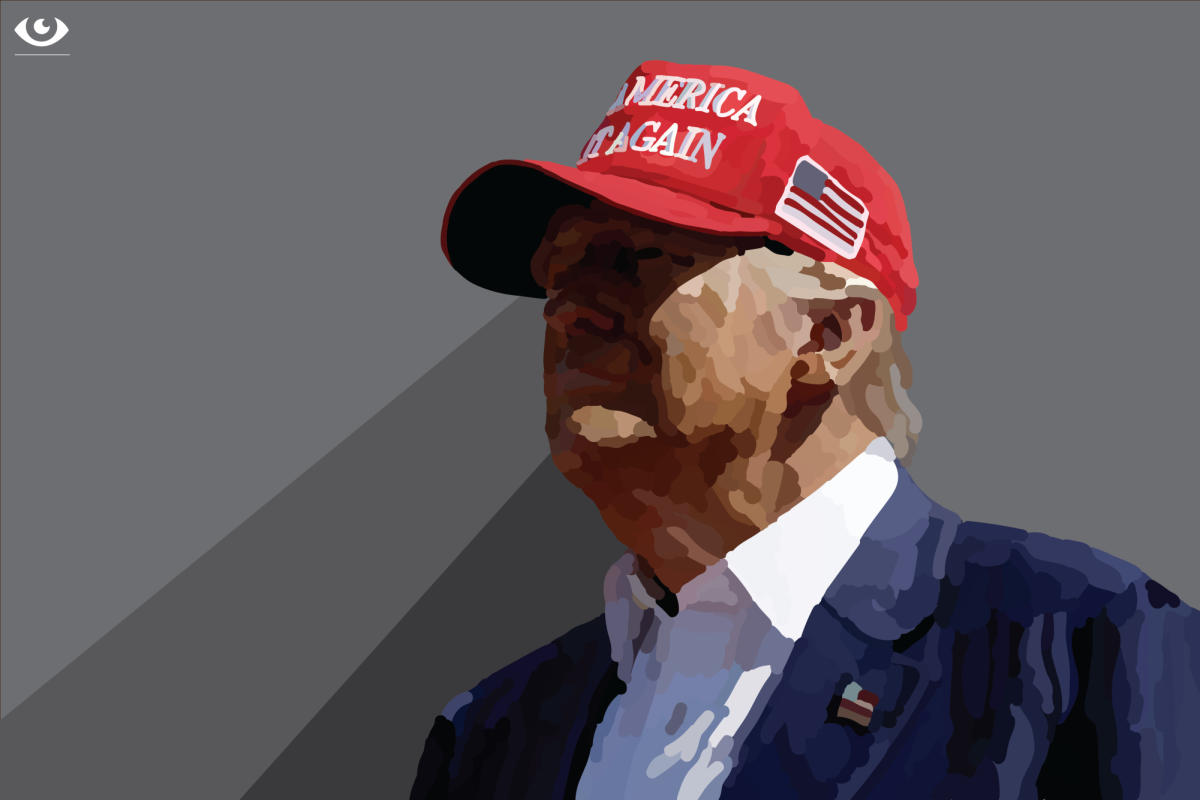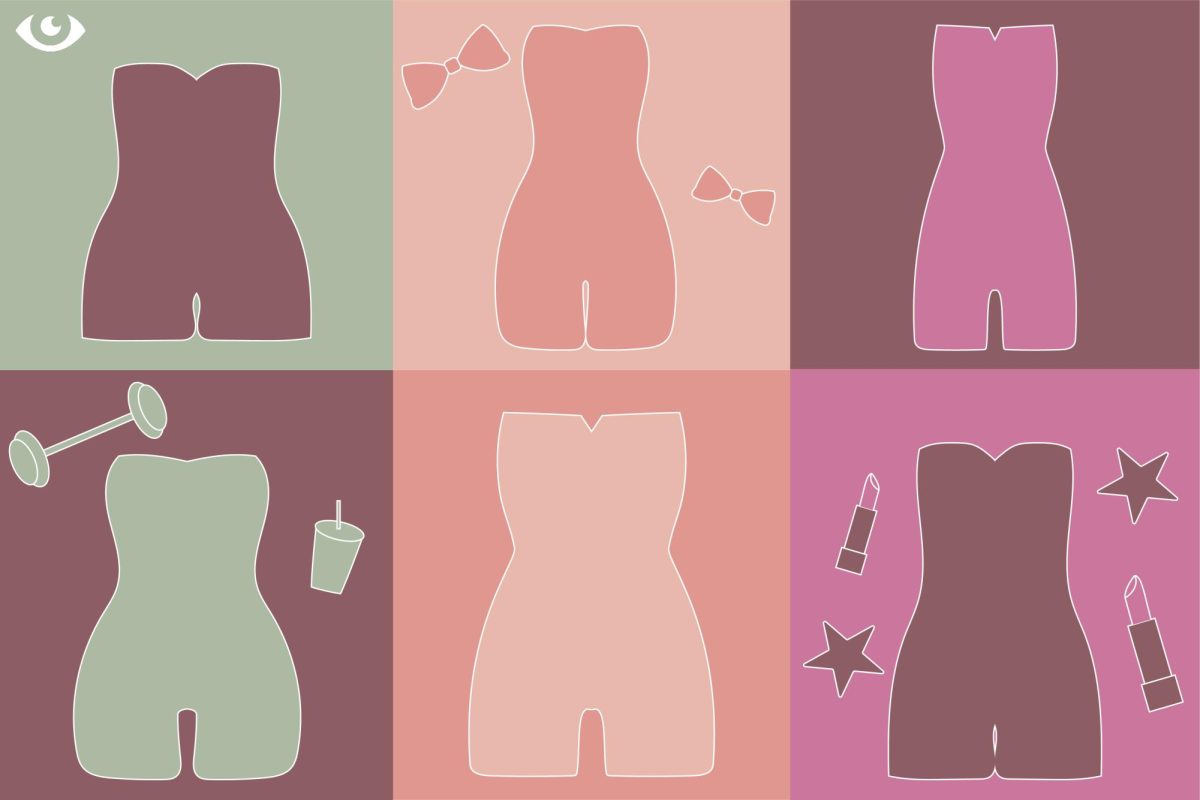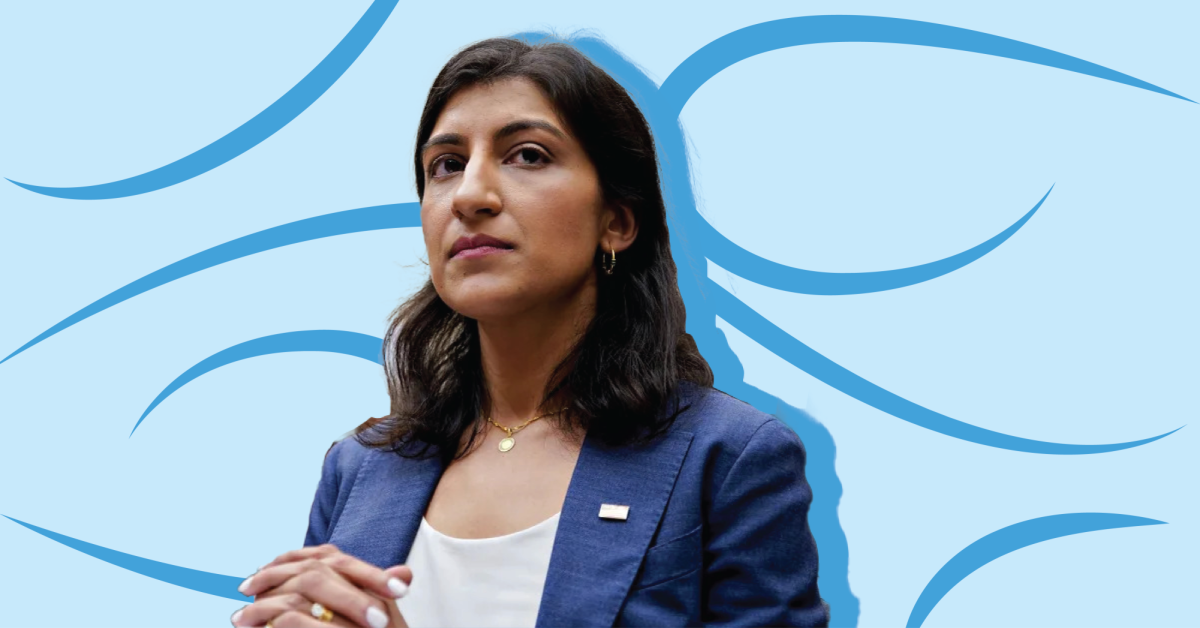Whenever the issue of politics being taught in schools is brought up, parents generally tend to get worked up. Worked up because they’re afraid some teacher or administrator will impose a political agenda, opposite to theirs, on their children. That some kooky far-right or far-left teacher will pollute their innocent child’s brain with political nonsense instead of teaching them the basics of literature, math and history. They believe school is for teaching kids facts and exercising their brains so they are able to make these decision later in life for themselves, not a teacher telling them what to think at a young, impressionable age.
And I agree with them. That’s not the proper purpose of a school, and parents have every right to be skeptical of this.
But politics in school doesn’t have to be like that. It doesn’t have to involve partisanship or party bias. It doesn’t have to involve pushing an agenda or skewing facts.
A well-taught class on politics could and should, in theory, be taught like a history class, where facts and science are presented and students are left to draw their own opinions on which side was right or who to support. It should inform every student of how their democracy works and how they can play an instrumental part in changing or helping it.
This is why I believe a required political class for each high school would be greatly beneficial to our students and citizens as a whole moving forward. A class on politics could show students modern day facts about current politicians and current political cases. In a way, this class would hold our current political leaders accountable for their actions by, at the very least, letting the students know what political leaders were and are doing in Washington.
It would pick up where the media has failed in informing the people and presenting unbiased facts to the masses. It’s no secret that the media has not adhered to its journalistic “watchdog” principle of holding politicians accountable for their actions. The major news networks suffer from many biases including partisanship bias, profit bias, and corporate bias, and these biases would not be present in a school setting.
It wouldn’t have to take away from core content learning either. Similar to a humanities class, where in Kentucky every student has to take at least one art class before graduation, this class would simply take the place of one elective or “optional” class before graduation.
Pew Research has released a poll which shows that only about 40% of Americans are knowledgeable of political affairs. This means the other 60% are either misinformed or just don’t care.
And I get not liking politics. It’s full of crooks, liars, and self-centered imbeciles; but if you don’t know enough about the system and about what the crooks, liars, and self-centered imbeciles are doing, you’re giving them leeway to engage in corruption that could end up hurting and squashing your vocation or future aspiration. That’s why it’s so important for everyone to have a basic understanding of politics and what’s going on in Washington.
If you don’t like politics, that’s probably a good thing, but a democracy relies on the participation of everyone. Otherwise, the democracy turns into an oligarchic system of manipulation and control by a few affluent, self-interested elites.



